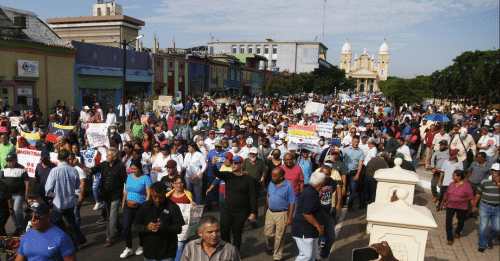Sasha Calle is DC’s First Latina Supergirl

Many of us have grown up with superheroes in our lives, from watching the animated series of classics like Spiderman to modern story versions like The Dark Knight. Superheroes represent fictional characters that might have powers but are ultimately emotional beings we can relate to as they navigate moral responsibilities and needing to save the world. Films like Black Panther showed the impact representation can have in inspiring people to embrace themselves. Enter Sasha Calle, the first-ever Latina actress cast in the DC Universe as Supergirl.
Being cast as the iconic Supergirl in DC’s upcoming “Flash” film is an important moment in Latina history. The history of Supergirl, the cousin of Superman, goes back to her first appearance in Action Comics #252, released in May of 1959. Since then, there have been many interpretations of the character normally held by white blonde haired and blue eyed women like Helen Slater, Laura Vandervoort, and Melissa Benoist.
Calle herself is thrilled for the opportunity. Born in August of 1995 in Boston, Massachusetts, the Colombian actress was raised in Boston up until she was 10. Calle’s mother, Samira, then decided to move the family (including Sasha and her little brother Jacob) back to Colombia where they lived for two years before moving back to the United States. From there, the Calles lived in Hollywood, Florida where Sasha attended high school before graduating and moving to Los Angeles to attend the American Musical and Dramatic Academy. Calle earned her BFA in Performing Arts and has since held roles on shows like “The Young and the Restless” as well as smaller productions.
We can’t wait to see what “The Flash” has in store for us DC Universe fans. With Calle starring opposite DC-veteran Ezra Miller as the title character in the film due to come out in November 2022, it’s sure to wow us.




